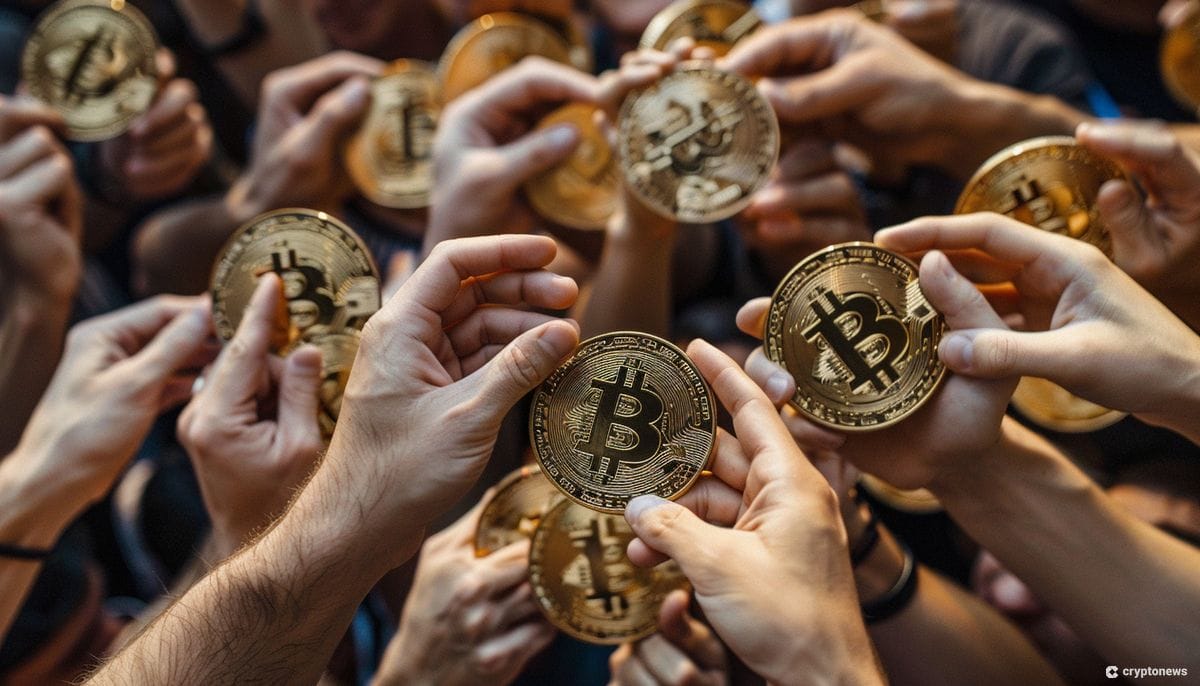El Salvador’s Bitcoin and AI Adoption Plan set to Tenfold its GDP in 5 Years
Ark Invest CEO Cathie Wood recently expressed her belief that El Salvador’s adoption of Bitcoin and AI could lead to a tenfold increase in its GDP over the next five years. Under President Nayib Bukele’s leadership, El Salvador is transitioning to become a hub for Bitcoin and AI innovation, positioning itself as an “oasis” for these technological revolutions.
Wood’s optimism stems from a meeting with President Bukele, Bitcoin advocate Stacy Herbert, economist Arthur Laffer, and ARK Invest research associate Marc Seal. During the meeting, they discussed the potential opportunities for Bitcoin and AI integration in El Salvador, focusing on areas such as capital markets, AI utilization, and tax policies.
President Bukele’s initiatives to make Bitcoin legal tender, eliminate taxes related to tech innovation, and attract foreign investments have already had a positive impact on the country’s economy. El Salvador currently holds 5,764 Bitcoin in its treasury, valued at $396.2 million, reflecting a significant increase in value since its purchase.
The country’s growing reputation as a cryptocurrency and innovation hub has attracted investments from international corporations like Google, who entered into a $500 million strategic partnership with El Salvador in April 2024. This influx of investments has contributed to unprecedented economic growth in the country, with its GDP reaching $32.4 billion in 2022.
Despite the success of institutional adoption, civilian Bitcoin adoption in El Salvador has faced challenges. Only 12% of the local population used Bitcoin for payments in 2023, indicating a slower uptake among residents. Factors such as tech illiteracy, lack of merchant enforcement, and issues with the Chivo Wallet rollout have hindered the adoption of Bitcoin among the local population.
To boost crypto investment within the nation, El Salvador has initiated a citizenship-by-investment program, offering residency visas and citizenship to individuals who invest $1 million in Bitcoin or Tether within the country. These efforts aim to incentivize further adoption of cryptocurrencies among the population and stimulate economic growth in El Salvador.
Despite these challenges, the potential for El Salvador to realize a tenfold increase in its GDP over the next five years remains promising. With continued focus on Bitcoin and AI integration, coupled with strategic initiatives to drive adoption and investment, El Salvador could transform into a thriving economy, attracting further investments and establishing itself as a global leader in technological innovation.










